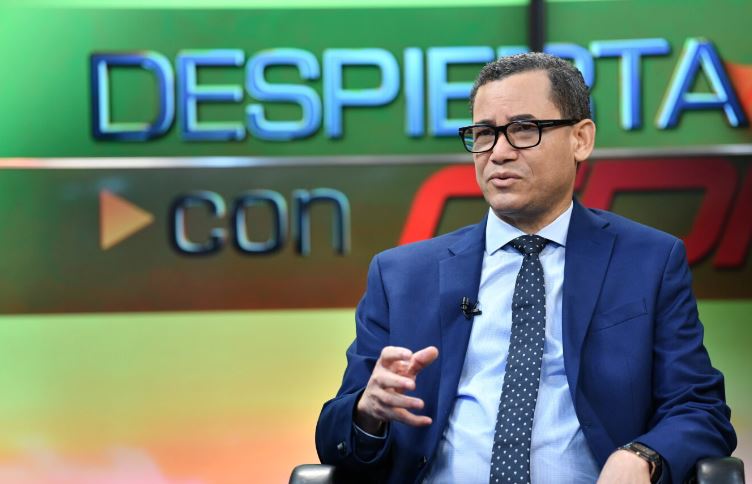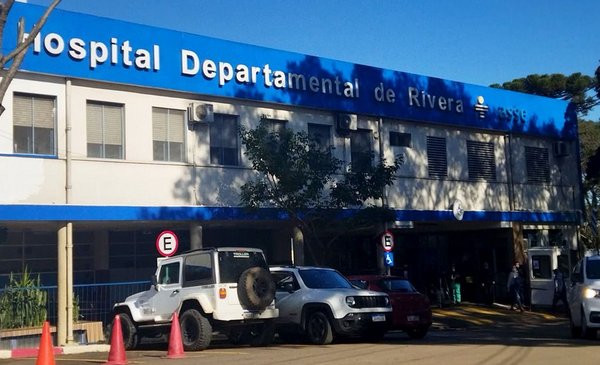SANTO DOMINGO, DR. – The vice president of Modern Revolutionary Party (PRM), Eddy Olivaresdenies that the Senate of the Republic has excluded the issue of transparency in the electoral processes when it approved, in two consecutive readings, the Project of modification to the Organic Law of Electoral Regime, presented by the Central Electoral Board (JCE).
In this sense, he maintains that the drafting of the project guarantees compliance with the expense reports, presentation of campaign budgets and other aspects related to the control of spending in all electoral processes.
Likewise, it specifies that this control must also be carried out by the Central Electoral Board, seriously from the direction that the law itself created for these purposes. “And also the Chamber of Accounts, which according to the law must supervise the reports derived from each of the electoral processes and which are preceded by a budget that must be presented,” he adds, when participating in an interview on the Despierta con program. CDN, which is broadcast on channel 37.
Olivares’s statements come in response to statements by Román Jáquez Liranzo and the executive directors of Participación Ciudadana and Finjus, who have separately assured that the ruling Modern Revolutionary Party is not interested in regulating the issue of transparency in the electoral processes.
PRM wants transparency
The political leader assures that the PRM favors the creation of all the mechanisms that are necessary to make the electoral processes transparent. In this sense, he states that the The leadership of that party and President Luis Abinader himself are the most interested in guaranteeing the transparency and integrity of the elections. which will take place in May 2024.
The former member of the Central Electoral Board also highlights that never before in Dominican political history has the government party shown so much interest in ensuring that the elections are absolutely free, transparent, integral and equitable, in compliance with the rules governing electoral processes. in the Dominican Republic.
“You are going to observe a campaign in which before it was the opposition that sought that. For the first time in the history of Dominican democracy, the government party is the main commitment to the integrity of the electoral process. And that will happen in all areas of the process, ”he emphasizes.
project approval
He affirms that the project assumed most of the proposals that were discussed and agreed upon in the Economic and Social Council, based on the first proposals made by the Central Electoral Board (JCE), but acknowledges that some were not approved in the way that they had initially raised by the electoral body.
Remember that the Legislative Branch is that it has the constitutional power to make and approve laws, which is why, in your opinion, it is justified that some proposals of the JCE have not been chosen. “But that’s normal in a democracy, that’s what it’s about,” he adds.
“For example, there is talk of the cap on spending in the political campaign, which is a topic of great interest to the Board and civil society. We understand that an in-depth study must be carried out to determine the feasibility of this proposal. For issues of spending caps, the pertinent studies have not really been carried out to determine the maximum cost of a campaign based on ”, he explains.
For the vice president of the PRM, the cap on spending in the electoral campaign should be established based on the population size of each demarcation, noting that that of a large constituency could not be the same as that of a small one.
“For example, the candidate of District 3 of the Santo Domingo province, which includes Boca Chica, Guerra, San Luis and a part of Santo Domingo Este, you cannot tell me that the one who aspires to deputy in that district will spend what the same as the one who aspires to deputy in a constituency of the National District ”, argues Olivares.
Little time to pass and apply law
Questioned about the short time that legislators have to be able to approve and apply the precepts of the new Electoral Regime Law in the next elections, the former member of the Central Electoral Board declares that he has always favored that the reforms be made at the beginning of the corresponding constitutional period .
However, it recognizes that it is a highly complex issue, since it involves the interest of the main actors in the process, which are the political parties. He points out that this is the reason why, in three years of discussion in the Economic and Social Council, the parties have not been able to reach an agreement to approve the Electoral Regime Law.
“The discussion began at the beginning of this presidential term, we are already in the pre-election year discussing the approval. Ideally, it would have been approved no later than 2021 ”, he comments.
However, it is important that both the Law of Parties and the Organic Law of Electoral Regime have been prosecuted, since the Constitutional Court ruled that electoral processes cannot be automated, a criterion that would be in line with the proposal of the Senate.
“The most important thing is that there is already a part of the Electoral Regime Law and the Law of Parties that the Constitutional Court, the Electoral Superior and even the Administrative Superior issued sentences correcting some of the shortcomings and defects of these laws. Now what must be guaranteed that these corrections are applied ”, he raises.















